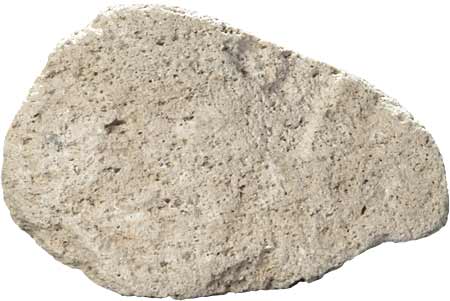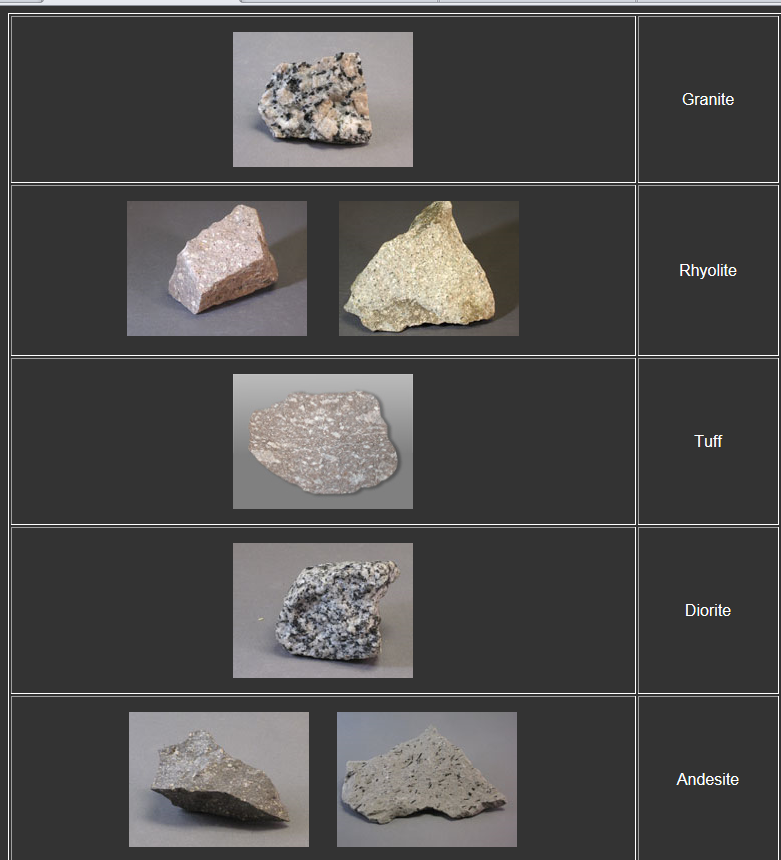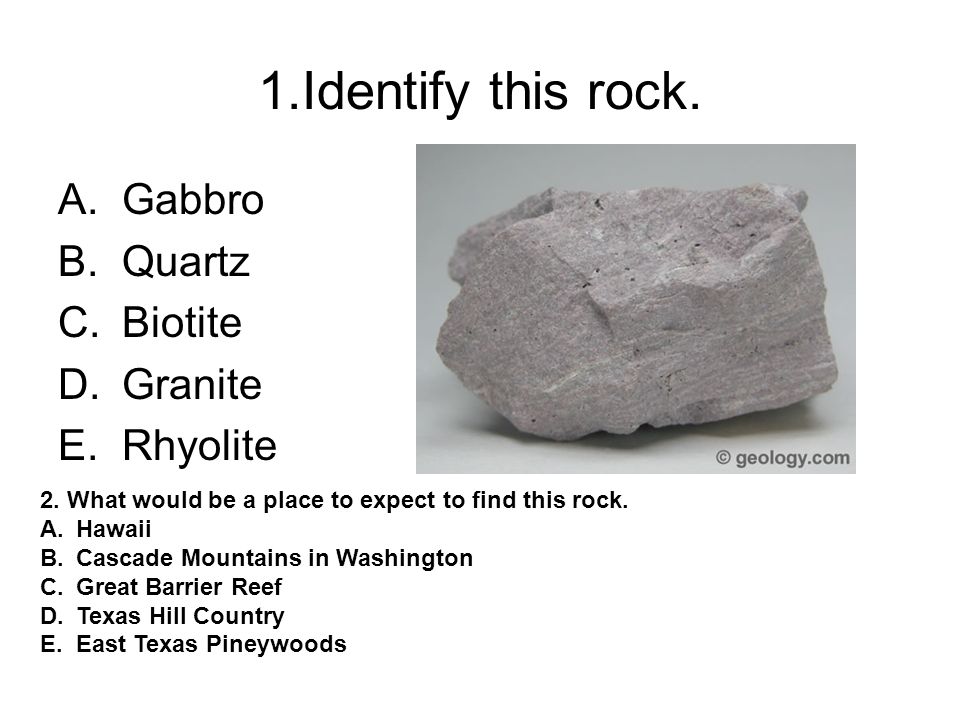So if we assume the above to be true then the only difference between the rocks is that one is plutonic and the other is volcanic.
Are granite and rhyolite made of the same minerals.
That means that granite must form by the melting of continental rocks.
In such cases the rock may consist principally of well developed large single crystals phenocrysts at the time of extrusion.
Rhyolite is a fine grained igneous rock which is rich in silica.
Lavas erupt all over the earth but lava with the same composition as granite rhyolite only erupts on the continents.
Rocks are quarried from many years for various purposes.
The process of formation of rocks is different for various rocks.
Granite is a light colored igneous rock with grains large enough to be visible with the unaided eye.
A plutonic igneous rock is one that crystallises.
Rhyolite extrusive igneous rock that is the volcanic equivalent of granite most rhyolites are porphyritic indicating that crystallization began prior to extrusion.
That happens for two reasons.
Granite is an igneous rock made up of primarily quartz feldspar micas amphiboles and a mixture of additional trace minerals.
Rhyolite is a silica rich igneous rock found throughout the world.
Granite is composed mainly of quartz and feldspar with minor amounts of mica amphiboles and other minerals this mineral composition usually gives granite a red pink gray or white color with dark mineral.
It forms from the slow crystallization of magma below earth s surface.
Granites can be predominantly white pink or gray in color depending on their mineralogy the word granite comes from the latin granum a grain in reference to the coarse grained structure of such a completely crystalline rock.
Strictly speaking granite is an.
The rock received its name from german geologist ferdinand von richthofen better known as the red baron a world war i flying ace the word rhyolite comes from the greek word rhýax a stream of lava with the suffix ite given to rocks.
There are no visible gas pockets in the rock.
A sandstone b gabbro c granite d phyllite this rock sample is most likely a intergrown crystals b fossils c minerals d sediments 4 igneous sedimentary and metamorphic rocks are usually composed of.
These rocks are composed of many distinct minerals.
You can check out granite vs rhyolite information and granite vs rhyolite characteristics in the upcoming.
Granite ˈ ɡ r æ n ɪ t is a common type of felsic intrusive igneous rock that is granular and phaneritic in texture.
Adding heat and adding volatiles water or carbon dioxide or both.
So i m going to make a general comment and say that a granite is genetically the same has the same composition as a rhyolite please don t take this as always true but it is a close enough estimate in most cases.
These minerals and their variation in abundance and alteration give granite the numerous colors and textures we see in granite countertops.




























